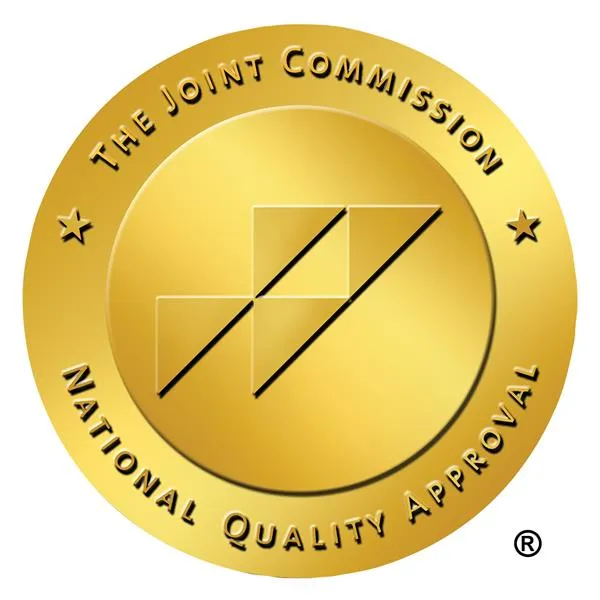For healthcare professionals, patients and their critical needs come first. But to dispense proper patient care safely and sustainably, healthcare professionals also need to tend to what they need to function well and fully. Regardless of how hectic and fast-paced work gets, healthcare workers must be given the time to regularly cater to their physical, emotional, and more importantly, mental health needs.
Mental health wellness has become a challenge for healthcare professionals, especially during the global pandemic. The long hours, challenging work conditions, the great patient demand, and the deep uncertainty about being infected with Covid-19 or bringing the illness home to their loved ones, have all contributed to many mental health concerns among healthcare workers, including stress, burnout, depression, and anxiety. Healthcare workers’ mental health challenges are continuing well after the height of Covid-19, with essential workers reporting poor mental well-being and a much higher stress level than average.
This Mental Health Awareness Month, we shine a spotlight on how healthcare workers can prioritize their mental well-being with practical tips to help them lead happy, meaningful, and productive lives in and out of work.
Practice mindful exercising
As a healthcare worker, you’re almost always on your feet, helping out patients with various needs in different rooms. It’s safe to say that working in healthcare can be physically demanding, especially for Certified Nursing Assistants (CNAs) and orderlies. And while getting your daily steps in is good for physical health, practicing mindful exercising — which combines mindfulness and exercise — can provide the most mental health benefits.
On their own, mindfulness and exercising offer many benefits, with the former helping individuals reduce stress and cope with daily challenges, and the latter releasing feel-good endorphins and reducing worries and negative thoughts. But when combined, mindfulness and exercise can help reduce anxiety, stress, and depression. One study shows how mindfulness increases the positive effects of exercising, allowing individuals to train better and overcome minor pain, discomfort, or feelings of failure.
After your shifts or on your days off, whatever your exercise of choice is — whether it be running, yoga, or biking — try to do it mindfully; free yourself from any distractions and focus on your breathing, the quality of your movements, your rhythm, and how you’re feeling.
Eat a healthy amount of complex carbohydrates
Studies show that complex carbohydrates, which can be found in foods such as brown rice, quinoa, and starchy vegetables, can boost serotonin levels.
Serotonin is a neurotransmitter that affects many bodily functions, including mood. When your serotonin levels are normal, you tend to feel more emotionally stable, happier, and calmer. However, a lack of serotonin is associated with depression. Serotonin also improves sleep quality, which is essential, especially for night-shift healthcare workers.
Instead of ordering food for lunch, try to bring nutrient-packed foods to work. There are plenty of recipes that only take 8 to 35 minutes to prepare and can help fuel you for a long day ahead and give you the mental health boost that you need.
Prioritize work-life balance
Healthcare settings can be challenging and very busy, and work shifts can be physically, mentally, and emotionally draining for healthcare professionals. To avoid burnout, which can lead to poor mental health and inadequate patient care, healthcare workers need to strive to have a proper work-life balance by setting manageable goals, prioritizing and delegating, and being efficient.
If you feel overwhelmed, take a quick break to breathe, clear your head, and compose yourself. Taking small breaks can help you make more patient-focused and logical decisions and reduce overall stress and exhaustion levels.
Talk to a trusted friend
Talking to a trusted friend, especially when you’re going through difficult times or having mental health struggles, can have a substantial positive impact on an individual’s mental health. One study published three years post-pandemic suggests that proactively talking to a friend strengthens social connections that lead to improved mental health.
Connecting with friends can help you overcome feelings of isolation and loneliness and help you become more grounded. Be intentional when reaching out to your friends, whether it’s a short catching up in between your rounds at the hospital or a lengthier coffee date with a pal on your day off.

